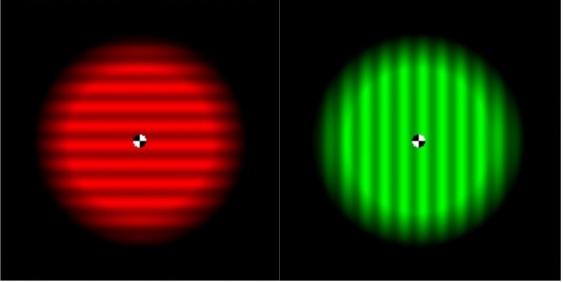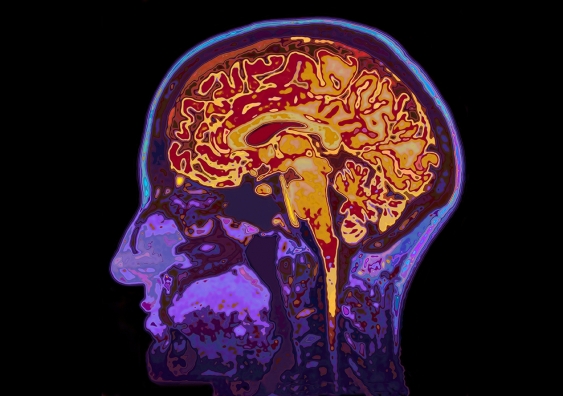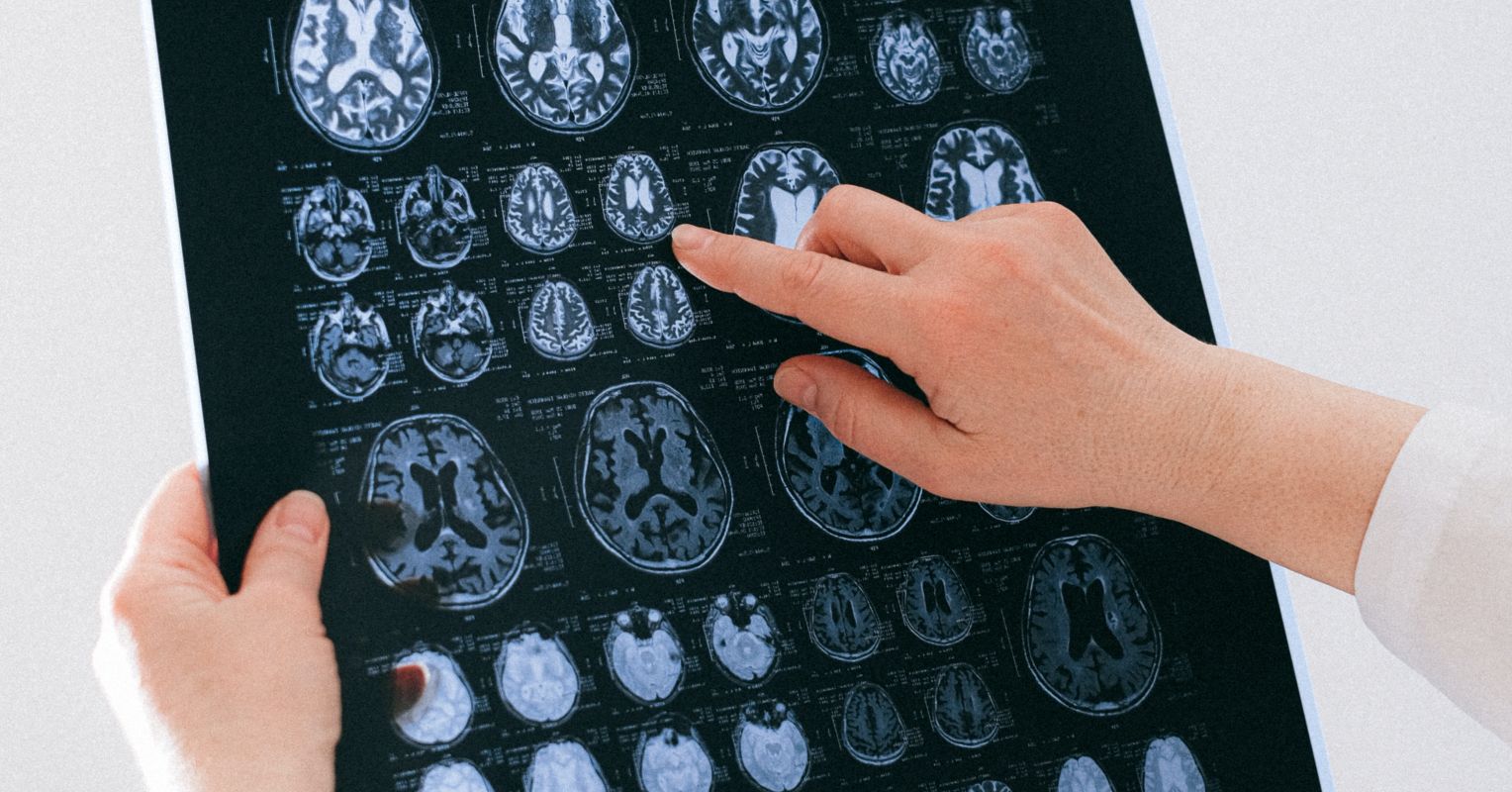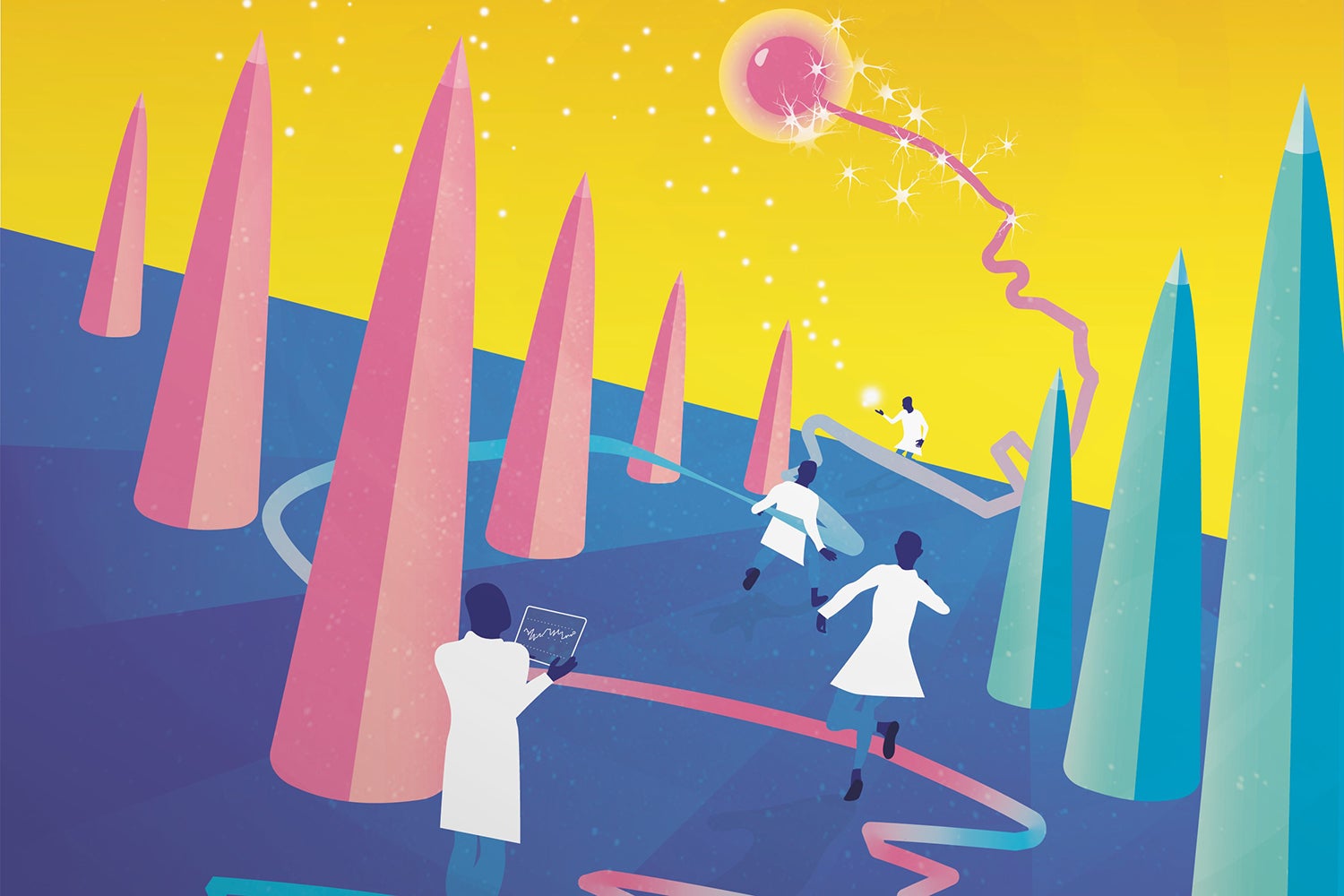@Tobytone @Hume
There is scientific research to backup what I'm saying:
Not only could the researchers predict which pattern they would choose, they could also predict how strongly the participants were to rate their visualisations. With the assistance of machine learning, the researchers were successful at making above-chance predictions of the participants’ volitional choices at an average of 11 seconds before the thoughts became conscious.
Our brains reveal our choices before we’re even aware of them: study
We like to think that we are in the driver’s seat when it comes to the choice and strength of our everyday thoughts, but new research from UNSW suggests they might be more automatic and unconscious than we think.
A new UNSW study suggests we have less control over our personal choices than we think, and that unconscious brain activity determines our choices well before we are aware of them.
Published in the prestigious Nature journal today, opens in a new window, an experiment carried out in the Future Minds Lab at UNSW School of Psychology showed that free choices about what to think can be predicted from patterns of brain activity 11 seconds before people consciously chose what to think about.
The experiment consisted of asking people to freely choose between two visual patterns of red and green stripes – one of them running horizontally, the other vertically – before consciously imagining them while being observed in a functional magnetic resonance imaging (fMRI) machine.
The participants were also asked to rate how strongly they felt their visualisations of the patterns were after choosing them, again while researchers recorded their brain activity during the process.
Not only could the researchers predict which pattern they would choose, they could also predict how strongly the participants were to rate their visualisations. With the assistance of machine learning, the researchers were successful at making above-chance predictions of the participants’ volitional choices at an average of 11 seconds before the thoughts became conscious.
More:

www.unsw.edu.au





